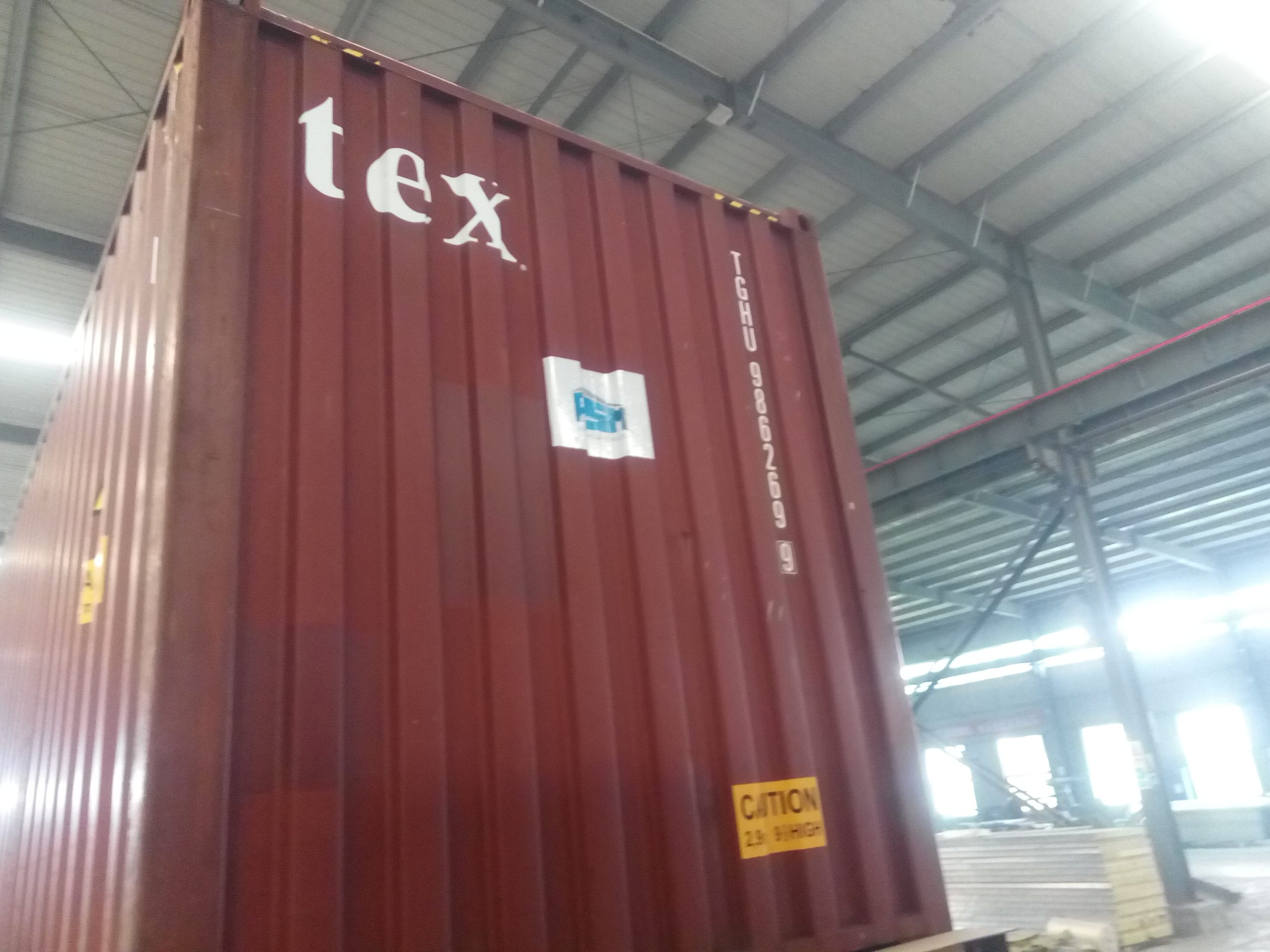Inhoudsopgave
Creative Ways to Design and Customize a Container House into a Functional Mobile Kitchen
Container houses have become a popular trend in the world of architecture and design. These versatile structures offer a unique opportunity for creativity and innovation, allowing individuals to transform them into functional living spaces, offices, and even mobile kitchens. One innovative practice that has gained traction in recent years is the transformation of container houses into mobile kitchens.
The concept of a mobile kitchen is not new, but the idea of using a container house as the base for such a project is a relatively novel approach. By repurposing a container house, individuals can create a portable kitchen that can be easily transported to different locations, making it ideal for events, festivals, and catering services.
One of the key advantages of using a container house as the foundation for a mobile kitchen is its durability and portability. Container houses are designed to withstand harsh weather conditions and can be easily transported using trucks or trailers. This makes them an ideal choice for a mobile kitchen, as they can be moved from one location to another without much hassle.
In addition to their durability and portability, container houses also offer a blank canvas for creativity and customization. Individuals can design and customize their mobile kitchen to suit their specific needs and preferences, whether it be a small food truck or a larger catering service. The possibilities are endless when it comes to transforming a container house into a mobile kitchen.

One of the key considerations when designing a mobile kitchen is the layout and functionality of the space. It is important to carefully plan the placement of appliances, storage areas, and workstations to ensure that the kitchen is efficient and practical. By utilizing the space inside the container house effectively, individuals can create a fully functional kitchen that meets their needs.
Another important aspect to consider when designing a mobile kitchen is the aesthetic appeal of the space. While functionality is paramount, it is also important to create a visually appealing environment that will attract customers and leave a lasting impression. By incorporating elements such as custom signage, lighting, and branding, individuals can create a unique and memorable mobile kitchen that stands out from the competition.
In addition to the design and layout of the mobile kitchen, individuals must also consider the logistics of operating a food service business on the go. This includes obtaining the necessary permits and licenses, as well as ensuring compliance with health and safety regulations. By taking the time to properly plan and prepare for these logistical considerations, individuals can ensure that their mobile kitchen operates smoothly and successfully.
Overall, the innovative practice of transforming a container house into a mobile kitchen offers a unique opportunity for creativity and entrepreneurship. By repurposing a container house, individuals can create a portable kitchen that is durable, customizable, and visually appealing. With careful planning and attention to detail, a container house mobile kitchen can be a successful and profitable venture for aspiring chefs, caterers, and food truck owners.
The Benefits and Challenges of Operating a Mobile Kitchen in a Container House
In recent years, there has been a growing trend in the food industry of transforming container houses into mobile kitchens. This innovative practice offers a unique solution for entrepreneurs looking to start a food business without the high costs associated with traditional brick-and-mortar establishments. Operating a mobile kitchen in a container house comes with its own set of benefits and challenges, which we will explore in this article.
One of the primary benefits of using a container house as a mobile kitchen is its portability. Container houses are designed to be easily transported from one location to another, making it ideal for food truck operators who want to take their business on the road. This flexibility allows for greater reach and the ability to cater to different events and markets.
Another advantage of operating a mobile kitchen in a container house is the cost savings. Compared to building a traditional restaurant, converting a container into a kitchen is a more affordable option. This can be especially beneficial for small business owners or startups looking to minimize their overhead expenses.
Additionally, container houses are known for their durability and weather resistance. This makes them well-suited for outdoor events and festivals where food trucks are a popular choice. The sturdy construction of container houses ensures that the kitchen equipment and supplies are protected from the elements, allowing for uninterrupted operation.
Despite the many benefits of operating a mobile kitchen in a container house, there are also challenges that come with this innovative practice. One of the main challenges is the limited space available in a container. While container houses can be customized to fit the needs of a kitchen, there is still a finite amount of space to work with. This can make it challenging to store ingredients, equipment, and supplies efficiently.
Another challenge is the lack of amenities that are typically found in traditional restaurants. Container houses may not have access to running water, electricity, or proper ventilation systems. This can pose logistical challenges for food preparation and safety standards. Operators of mobile kitchens in container houses must find creative solutions to address these limitations.
Furthermore, operating a mobile kitchen in a container house requires careful planning and organization. Food truck operators must consider factors such as parking regulations, permits, and licensing requirements. Additionally, they must navigate the logistics of transporting the container to different locations and setting up the kitchen efficiently.
In conclusion, the innovative practice of transforming container houses into mobile kitchens offers a unique opportunity for entrepreneurs in the food industry. The portability, cost savings, and durability of container houses make them an attractive option for food truck operators. However, there are challenges to consider, such as limited space, lack of amenities, and logistical hurdles. With careful planning and creative solutions, operators can overcome these challenges and successfully run a mobile kitchen in a container house.

